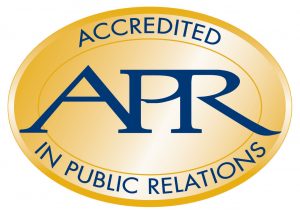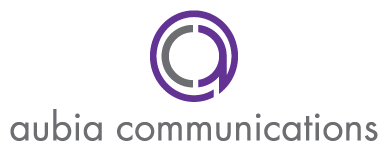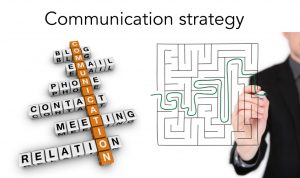This month one year ago, I earned my Accreditation in Public Relations. In honor of that anniversary, I’m re-posting a commentary I originally wrote for The Peninsula Warrior, the Joint Base Langley-Eustis, Va., newspaper, shortly after going through the APR process. What do you think about professional accreditation?
 APR? PE? PMP? Have you ever seen letters like these behind someone’s name and wondered what it meant?
APR? PE? PMP? Have you ever seen letters like these behind someone’s name and wondered what it meant?
The letters represent a commitment professionals have made to go above and beyond in their line of work. They’ve tested, presented, completed hours of specialized training, and/or other significant acts to earn professional accreditation or certification. This mark of distinction is not only important to the practitioners, but to the clients they serve and the profession has a whole.
For the practitioner, accreditation means you have a scope of expertise that spans the vocation, from theory to practical application to ethics and beyond. Clients can look to an accredited professional and know the service provided is one of comprehensive understanding and strategic development. The career field benefits from accreditation because it shows a dedication to advancing the profession and a pledge to providing ethical, responsible and knowledgeable products.
I recently completed my Accreditation in Public Relations, hence the APR acronym in my byline. The process has helped me to more fully understand my job responsibilities and how I can better serve my clients in the 633rd Air Base Wing Public Affairs Office. Before accreditation, I was a tactician producing a product. Now, I feel more like a strategist, understanding how the product fits into the bigger picture.
Most professional accreditation processes require the practitioner to complete so much time working in the field to gain practical experience and knowledge. After that period is obtained, one who chooses to pursue accreditation and is approved by a certification discipline will begin a course of study and preparation. When the professional feels ready, he will then test in some format for accreditation.
For me, I first had to apply with the Public Relations Society of America to begin the APR process, which is the Public Relations profession’s only national post-graduate certification program. After I was approved, I had to present a Public Relations plan I had developed to a board of certified Public Relations professionals in what is known as a readiness review. The board decided, based on the presentation and a question-and-answer session, I was prepared to take a computer-based examination that tested my knowledge, skills and abilities in areas that spanned the Public Relations field. I passed the three-hour test, and I was granted my accreditation in June 2011.
Non-accredited professionals are still quite capable of performing the duties of their trades. Accreditation in many fields is not a requirement for employment, but it is looked upon favorably in career advancement and development of the field. Practitioners who seek this endorsement of their expertise set themselves apart professionally.
The accreditation process can be a tedious and taxing experience. There are long hours of study and preparation required on top of already-existing job and personal responsibilities. The tests and presentations can be intimidating. Accreditation, though, is called a mark of distinction for a reason. It’s tough so that it’s credible; it’s difficult so that only those who have a true commitment to the advancement of the profession and their own development succeed.
No matter if you’re a mechanic, engineer, investor or personal trainer; no matter what career field, if you have the option to become accredited in your trade, go for it. The process is demanding but rewarding, and those letters behind your name set the standard high in your individual professional endeavors and the overall career field.



